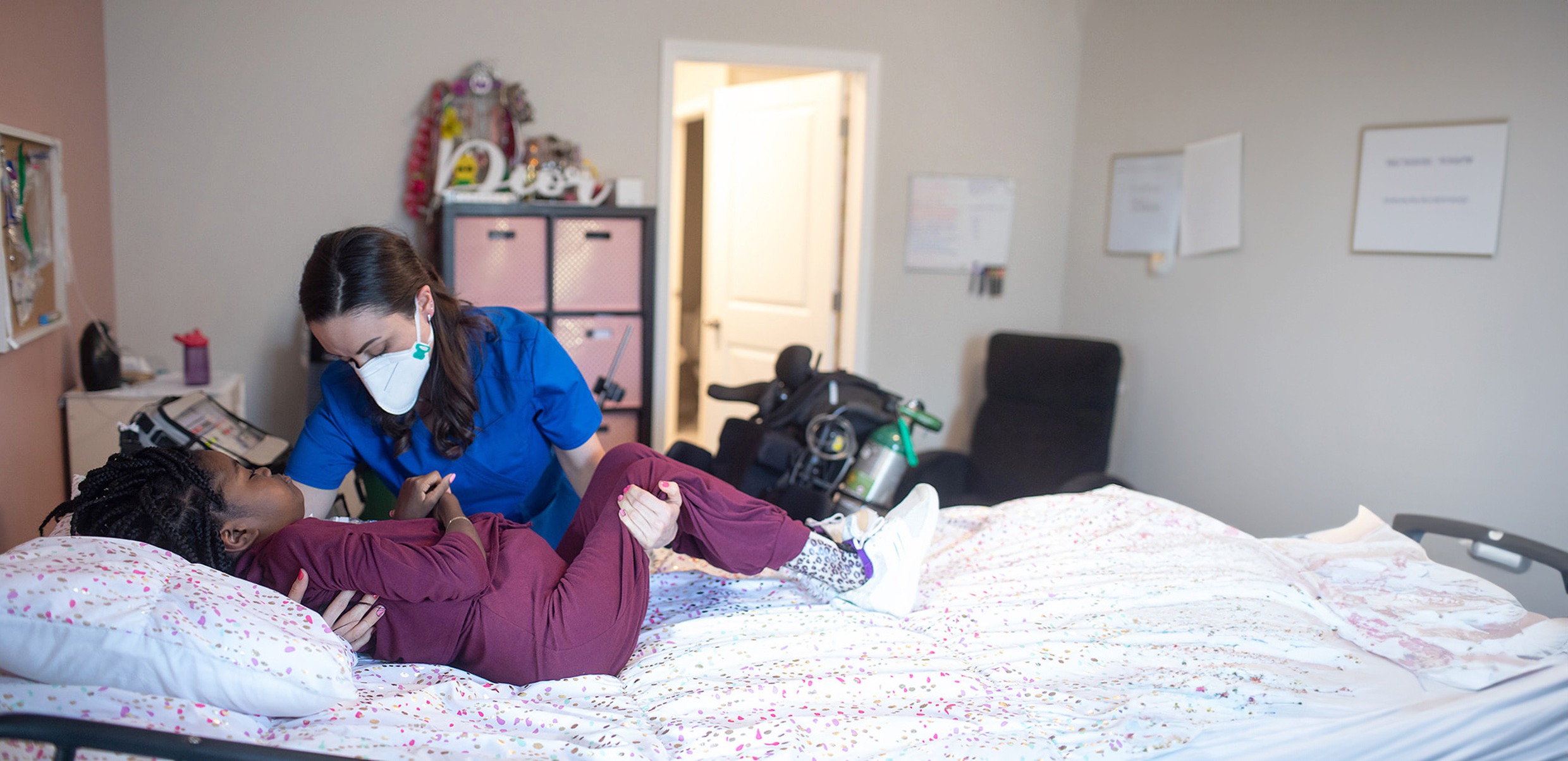Embarking on a career in nursing is a noble and rewarding journey, but it comes with specific requirements to ensure competence and quality patient care. This comprehensive blog post will guide you through the main requirements to become a nurse, encompassing education, licensure, and personal attributes crucial for success in this dynamic healthcare profession.
Educational Requirements
The educational requirements include:
- High School Diploma or Equivalent: The first step to becoming a nurse is obtaining a high school diploma or equivalent, such as a GED (General Educational Development) certificate. A strong foundation in biology, chemistry, and mathematics can be beneficial.
- Prerequisite College Courses: Many nursing programs require applicants to complete prerequisite courses in anatomy, physiology, microbiology, and psychology. These courses provide the foundational knowledge necessary for nursing education.
- Nursing Degree Programs: There are multiple educational pathways to becoming a nurse, each with its own requirements:
- Diploma in Nursing: Some hospitals offer diploma programs, typically taking 2-3 years to complete. However, this pathway is less common today.
- Associate Degree in Nursing (ADN): ADN programs offered by community colleges usually take about 2-3 years. They provide a more focused, practical education.
- Bachelor of Science in Nursing (BSN): BSN programs, typically offered by universities, take about 4 years. BSN graduates often have broader career opportunities and are increasingly preferred in nursing.
Clinical Experience and Training
Clinical experience and training may include:
- Clinical Rotations: Nursing education includes hands-on clinical rotations, allowing students to apply theoretical knowledge in real-world healthcare settings. These rotations cover various specialties, from medical-surgical nursing to obstetrics and pediatrics.
- Simulation Labs: Many nursing programs incorporate simulation labs where students practice skills in a controlled environment. This provides a safe space for learning and refining clinical competencies before interacting with actual patients.
- Preceptorship/Internship: Some programs include preceptorships or internships, offering students the opportunity to work alongside experienced nurses in a mentorship capacity. This immersive experience helps bridge the gap between education and practice.
Licensure Requirements
After completing a nursing program, aspiring nurses must pass the NCLEX-RN (for registered nurses) or NCLEX-PN (for practical/vocational nurses) to obtain licensure. The exam assesses the knowledge and skills necessary for safe and effective nursing practice.
In addition to the NCLEX, nurses must obtain licensure from the state where they intend to practice. Each state has its own licensing board with specific requirements, so it’s crucial to research and fulfill the criteria of the relevant state.
Professional Attributes and Skills
Professional attributes and skills include:
- Effective Communication: Strong communication skills are paramount in nursing. Nurses must communicate clearly with patients, families, and other healthcare professionals to ensure coordinated and comprehensive care.
- Empathy and Compassion: Nursing is a compassionate profession, and the ability to empathize with patients during challenging times is essential. Compassion fosters trust and contributes to positive patient outcomes.
- Critical Thinking: Nurses must possess strong critical thinking skills to assess situations, make informed decisions, and prioritize care effectively. Quick thinking is often required in dynamic healthcare environments.
- Adaptability: Healthcare is dynamic and ever-evolving. Nurses need to adapt to changes in patient conditions, treatment plans, and healthcare protocols while maintaining the quality and safety of care.
- Attention to Detail: Precision and attention to detail are crucial in administering medications, monitoring patients, and documenting care. Even small oversights can have significant consequences in healthcare.
- Time Management: Nurses often juggle multiple responsibilities, making time management a vital skill. Efficiently organizing tasks ensures that patient care is delivered promptly and effectively.
Continuing Education
Nursing is a continually evolving field, and ongoing education is essential. Nurses are encouraged to participate in workshops, attend conferences, and pursue additional certifications to stay current with advancements in healthcare.
Some nursing specialties require additional certifications. For example, critical care nurses may pursue certifications in critical care nursing, while pediatric nurses may seek certifications in pediatric nursing.
Legal and Ethical Awareness
Nurses must be aware of and adhere to legal regulations governing their practice. This includes understanding the scope of practice, patient confidentiality, and reporting obligations in case of ethical dilemmas or legal issues.
Nursing often involves navigating complex ethical situations. Nurses must be equipped to make ethical decisions that prioritize patient well-being while adhering to professional standards.
Physical and Emotional Resilience
Nursing is physically demanding, requiring long hours on your feet and the ability to handle physically challenging tasks. Good physical health and stamina are essential.
Nurses often encounter emotionally charged situations. Emotional resilience allows nurses to cope with stress, maintain composure, and provide compassionate care even in challenging circumstances.
Becoming a nurse requires a combination of education, hands-on experience, licensure, and diverse personal attributes and skills. Whether you’re on the path to becoming a registered nurse (RN) or pursuing a career as a licensed practical nurse (LPN) or licensed vocational nurse (LVN), meeting these requirements is essential for success in the noble and dynamic field of nursing. As you embark on this journey, remember that each step contributes to your growth as a healthcare professional dedicated to delivering quality and compassionate patient care.
Join the Care Options For Kids Team!
Are you ready for meaningful work that comes with benefits and not burnout? Join the compassionate care team that helps children and families live their best lives. Our clinicians provide best-in-class pediatric nursing, therapy, and school-based services. We bring individualized care to children where they live, work, and play. We have opportunities in homes, schools, and clinics across the country.
Apply at Care Options for Kids now. We make it easy to get started, so you can begin making a difference as soon as possible.






